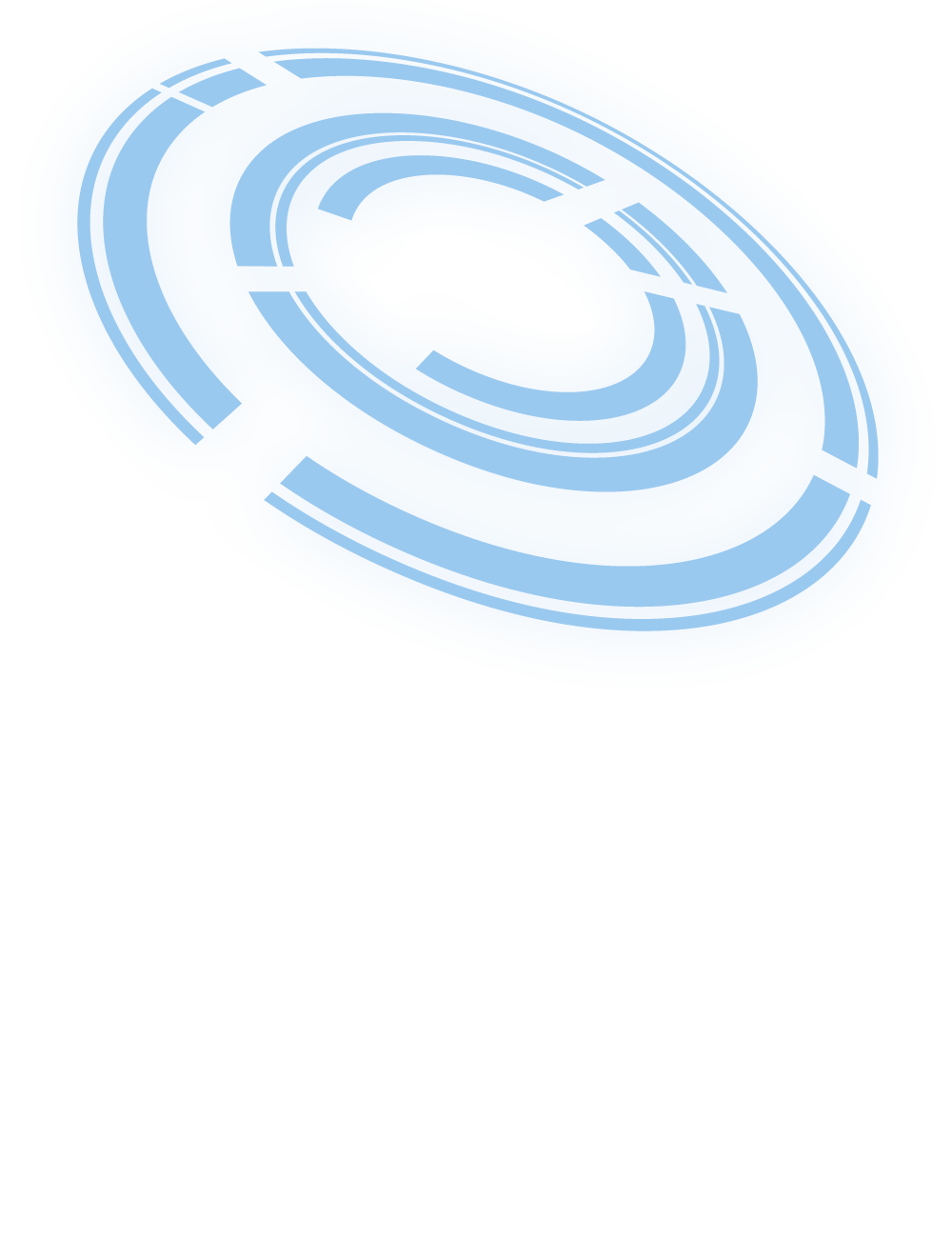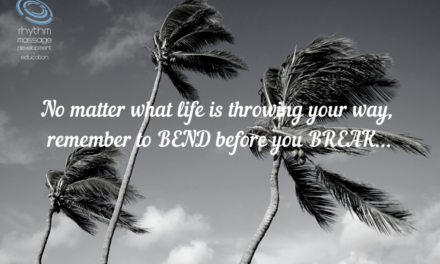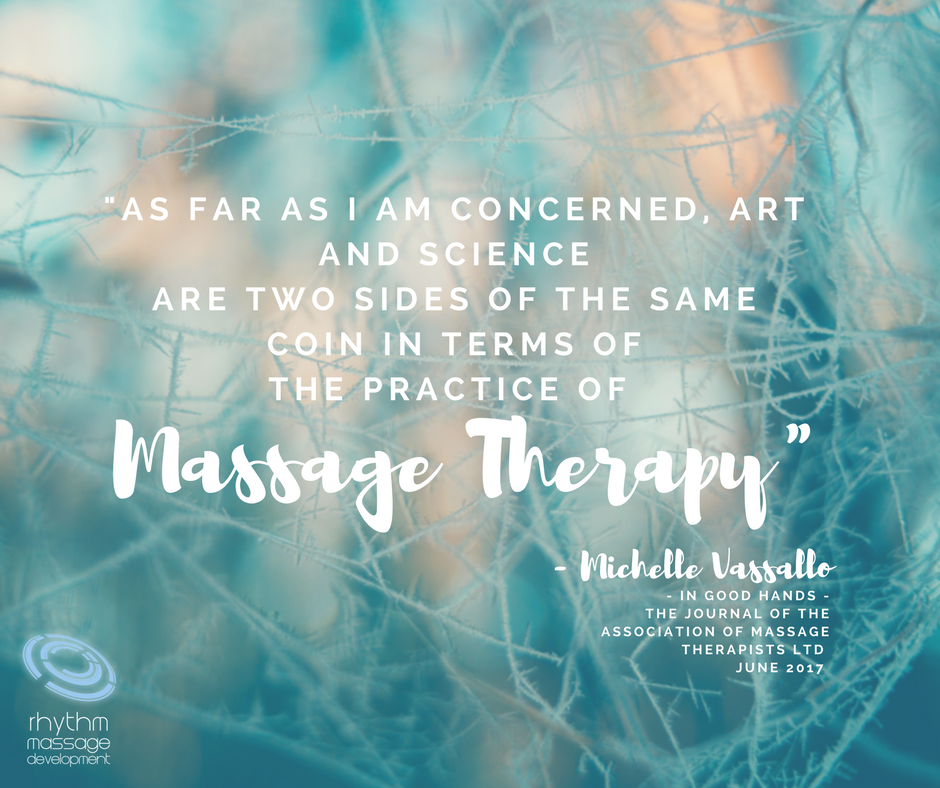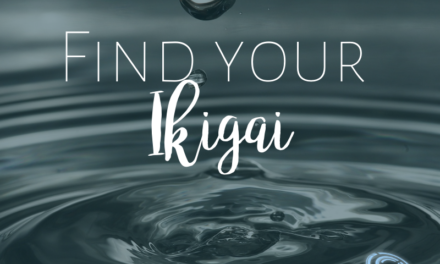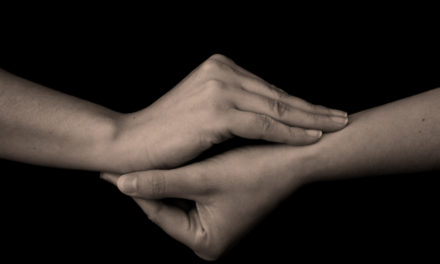I have been teaching research literacy for over ten years. For some reason, the word ‘research’ is still often associated with nerdy guys in white polyester knee highs and sandals who live with their mums. For most of us, the word research conjures up images of white coats, labs and incomprehensible mathematical calculations that only those brightest and best amongst us could possibly understand or be interested in. Well, I am here to paint you a different picture.
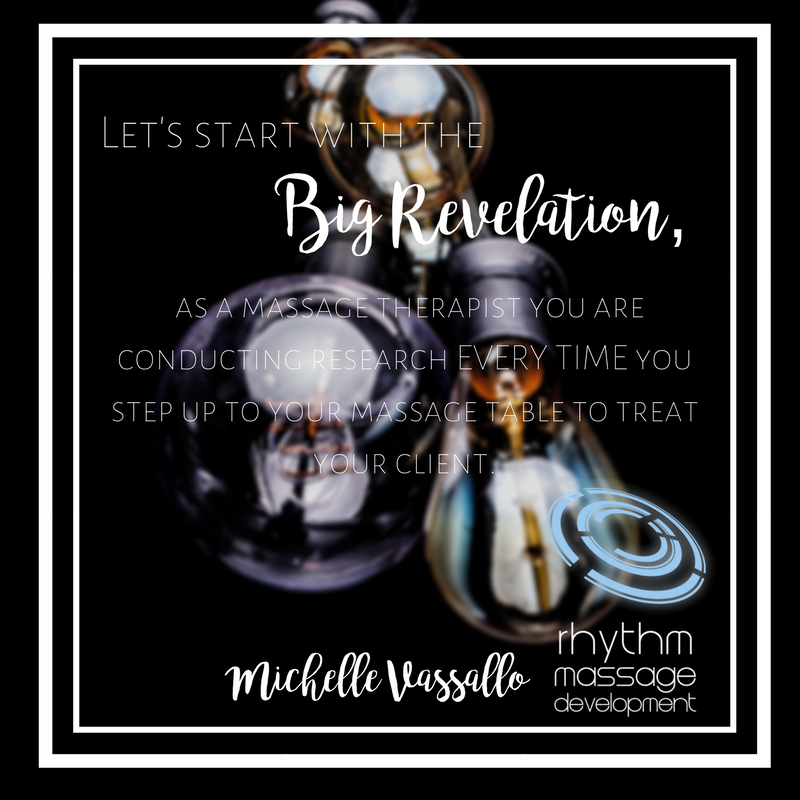
Let’s start with the big revelation, as a massage therapist you are conducting research EVERY TIME you step up to your massage table to treat your client. You are conducting research every time you take down a client history. You are conducting research every time you question your clients about their past medical history or their current medical concerns. And every time you decide on a treatment protocol, most likely you are using it because someone, somewhere conducted research which has led you to the conclusion that this course of action is the most beneficial to your client, because current research suggests it is. Think RICE protocol just for one example.
On the other side of this equation as massage therapists, there are often questions that we need answers to. More complex
Again the answer to these questions is Research.
As Dianna Thompson stated in her keynote address at the AAMT conference in 2008 in Adelaide
“Information is the first step to knowledge, wisdom, and foresight. Information is often what feeds our intuition about clients and treatment plans. Part of the essence of science is in not taking someone else’s word for it. Questioning is cool. Curiosity is cool”.
Research allows us to question authority and debate theories which you may not accept as fact. Research allows us to be open to new ideas and understand that things are generally only tentatively true until someone comes along and creates research which increases its validity or disproves it.
The good news for students and MT’s is that you don’t have to go out and get a research grant and write ‘official research’ at a university level to really understand research. What you do need to do however is become ‘research literate’.
The Massage Therapy Research Curriculum Kit (Dryden and Achilles, 2003, p.1) defines research literacy as “…the ability to find, understand and critically evaluate research evidence for application in professional practice” We need research to define us as a profession rather than an industry. Carolyn M Hicks in “Research Methods for Clinical Therapists” sums up the need for research literacy among massage therapists very well, “In a climate of increasing accountability… it is becoming imperative for professionals to justify their clinical decisions and actions and to increase their e
And so to all the massage students out there who are doing their remedial massage diplomas and have to complete the ‘research’ subject, try to go into those classes with a new understanding that what you are learning will enhance your massage career in so many ways. You will be able to find and use those research articles that can help you comprehend your profession better. Most of all approach this subject with an open mind and heart. After all, don’t you want to know why what you do works? Be curious, in this subject, curiosity is the key to success.
If you would like to learn more about
